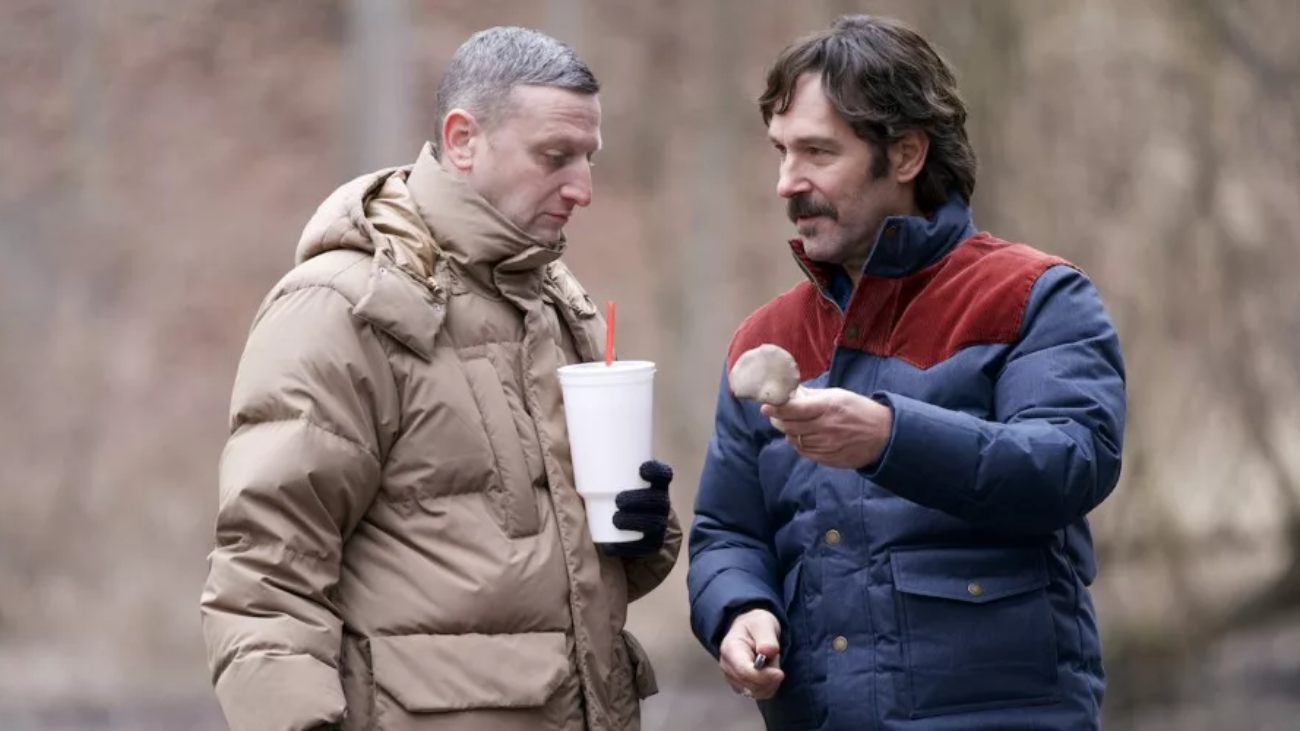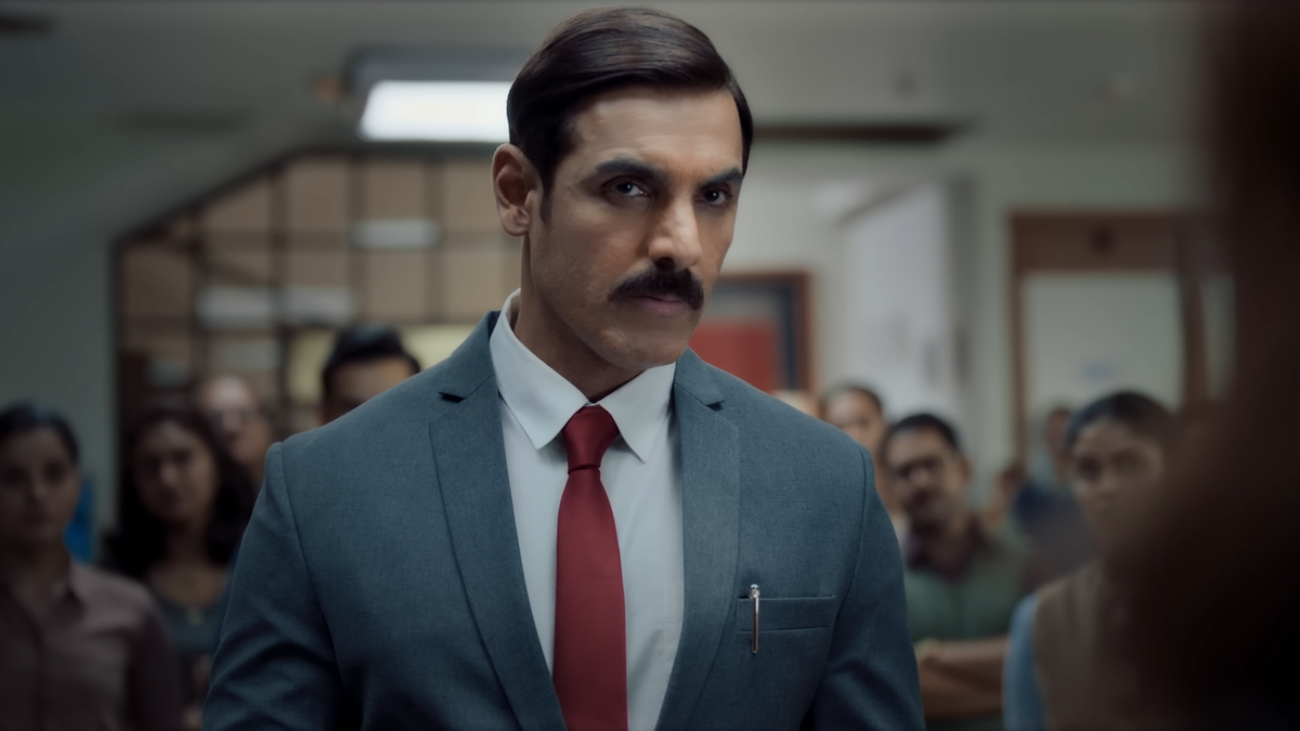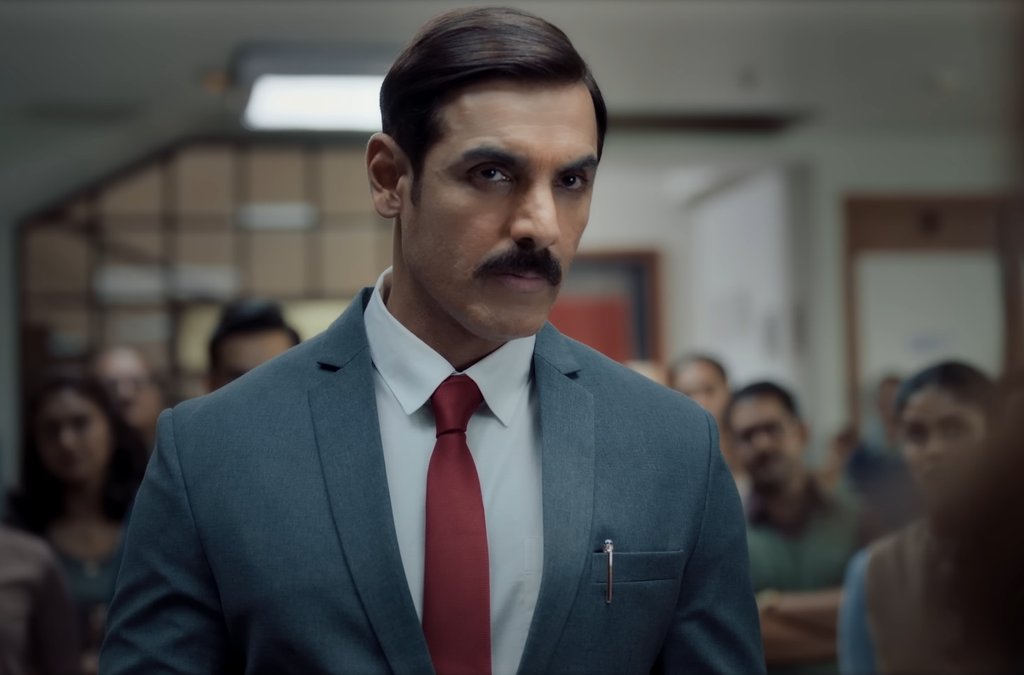
Is Friendship a dark comedy masterpiece or a chaotic misfire? Dive into our spoiler-free review of Tim Robinson and Paul Rudd’s unsettling exploration of male insecurity.
When “Bro Love” Goes Horribly Wrong
Imagine Fatal Attraction with fewer rabbits and more awkward high-fives. Friendship, the debut film from writer-director Andrew DeYoung, is a darkly comic nightmare about Craig Waterman (Tim Robinson), a socially inept PR flunky whose midlife crisis spirals into obsession when he befriends his effortlessly cool neighbor, Austin (Paul Rudd). Think of it as I Think You Should Leave meets Single White Male, with a dash of suburban despair.
The Plot: A Masterclass in Cringe
Craig’s life is a dumpster fire. His wife Tami (Kate Mara) survived cancer but now tolerates him like a stale houseguest. Their son Steven (Jack Dylan Grazer) barely hides his disdain. Enter Austin: a local weatherman with Indiana Jones hobbies and a golden-retriever personality. When Austin “adopts” Craig into his bro squad, it’s less meet-cute, more emotional car crash.
Robinson’s Craig is a whirlpool of neediness—imagine Michael Scott if he snorted Red Bull and forgot how to human. His attempts to bond with Austin (hiking, mushroom-foraging, ancient artifact chats) start sweet but curdle fast. A disastrous guys’ night out—complete with cringe karaoke and passive-aggressive jabs—kicks off Craig’s descent into unhinged jealousy.
Performances: Robinson and Rudd Steal the Show
Tim Robinson’s Chaotic Genius
Robinson, fresh off his cult hit I Think You Should Leave, dials up Craig’s desperation to 11. His physical comedy—think twitchy grins and flop-sweat—masks volcanic rage. One scene where Craig hallucinates himself as Austin’s “mythical hero” (complete with slow-mo cape) is equal parts hilarious and horrifying.
Paul Rudd’s Charming Monster
Rudd’s Austin is the perfect foil: a veneer of chill hiding subtle narcissism. His slow-burn shift from “fun uncle” to “get a restraining order” is masterful. Watch for a gut-punch moment where Austin, mid-smile, realizes he’s created a monster.
The Supporting Cast: Underused but Effective
Kate Mara’s Tami feels tragically underwritten (her biggest moment: watering plants while Craig melts down). Jack Dylan Grazer’s Steven is a Gen-Z Greek chorus, eye-rolling his dad’s antics. Austin’s wife? She exists solely to ask, “Who’s Craig?”
Direction & Tone: Cringe Comedy Meets Psychological Horror
DeYoung’s TV roots (Our Flag Means Death, Shrill) shine in tight, uncomfortable close-ups. The film’s best moments mirror Craig’s fractured psyche: surreal fantasies (a Simpsons-style cutaway of Craig as a medieval knight), distorted sound design (muffled laughter during a panic attack), and a score that veers from jaunty sitcom tunes to Hitchcockian strings.
But the script stumbles. Subplots fizzle (Steven’s mom obsession goes nowhere), and the third act leans too hard on Craig’s repetitive meltdowns. A late-film “stalker” sequence strains credibility—would Tami really agree to that?
The Good, The Bad, The Uncomfortable
What Works:
- Robinson & Rudd’s Chemistry: Their bromance-turned-blood feud is magnetic.
- Surreal Humor: A hallucination of Craig as a talk-show host grilling Austin is peak absurdity.
- Aesthetic Boldness: Neon-lit nightmares and Wes Anderson-esque symmetry keep eyes glued.
What Doesn’t:
- Underdeveloped Women: Tami’s a prop, not a person.
- Pacing Issues: At 110 minutes, it drags once Craig’s spiral becomes predictable.
- Tonal Whiplash: Shifts from slapstick to thriller jar more than intrigue.
Is Friendship Worth Your Time?
If you’re a Tim Robinson stan or love cringe-comedy, Friendship is a wild ride. It’s not quite Succession meets The Office, but DeYoung’s audacity earns points. For others, the relentless awkwardness may feel exhausting.
Final Verdict: A flawed but fascinating trainwreck—like watching your least-liked coworker crash a party, then set it on fire.








